Women are Hungrier
 WFP/Sayed Asif Mahmoud
WFP/Sayed Asif MahmoudIn countries facing conflict and hunger, women often eat last and least – sacrificing for their families. But empowering women and girls can end hunger for good, and transform whole communities in the process.
In countries facing conflict and hunger, women often eat last and least – sacrificing for their families. But empowering women and girls can end hunger for good, and transform whole communities in the process.
60%
Of the 343 million people who are extremely hungry in the world right now, nearly 60% are women and girls
2/3
In nearly two-thirds of countries, women are more likely than men to report food insecurity
1 in 3
The proportion of women with anemia, a diet-related iron deficiency that can cause organ damage if left untreated
Women are Fighting For










WFP Can Help...

Teach Women New Skills
Patience’s husband became violent with her when their family ran out of food. Now, because of the U.N. World Food Programme’s Food for Assets project, Patience is the primary breadwinner and her husband respects her.
Provide Women With Housing
Deborah and her children survived in a swamp for two months after fighters burned down their home. Today they’re safe, and the U.N. World Food Programme provides them with beans, flour and cooking oil.
Hurricanes & Cyclones
Violent storms are disastrous for vulnerable populations. This year, Hurricane Beryl brought life-threatening winds, heavy rain and sever storm surges to the Caribbean. It left thousands of people homeless and destroyed livelihoods.
We're Feeding & Empowering Women
 WFP/Matteo Cosorich
WFP/Matteo CosorichFemale Farmers
Nearly half of all small-scale farmers are women, yet they often lack basic resources like fertilizer and equipment. Our training and tools help women earn an income and become self-sufficient.
 WFP/Michael Duff/2022
WFP/Michael Duff/2022School Meals
Struggling families often send boys to school, rather than girls. But WFP school meals help keep girls in the classroom, setting them up for a lifetime of success and good health.
 WFP/Vincent Tremeau/2022
WFP/Vincent Tremeau/2022First 1,000 Days
If babies don’t get the right nutrition during the first 1,000 days of life, it can cause irreversible damage. WFP uses special foods for infants and moms to make sure they survive this critical time.
 WFP/Denise Colletta
WFP/Denise CollettaE-Cards
Women are often primary shoppers and cooks. WFP delivers e-cards that allow them to purchase groceries, so women in crisis can be reached faster and more efficiently.
Stories of Women & Hunger
Read the latest updates on how cultural norms drive hunger.
 WFP/Michael Tewelde/2024
WFP/Michael Tewelde/2024Investing in Women and Girls Makes Economic Sense and Accelerates Progress for Millions of People
Investing in gender equality and women’s empowerment is an incredibly smart investment to generate economic growth, food security, income opportunities and better lives, particularly in rural areas where most of the world’s poorest live.
 WFP/Mohammed Awadh
WFP/Mohammed AwadhSolving Gender Inequality Starts With Ending Hunger: How Equitable Food Access Can Empower Women’s Rights
Ending hunger and providing women with equitable food access is the key to fighting gender inequality.
 WFP/Samantha Reinders/2023
WFP/Samantha Reinders/2023Fall Impact Report: An Update on WFP’s Response to the Global Hunger Crisis
World Food Program USA’s Fall 2023 Impact Report provides a snapshot of the global hunger crisis and how the United Nations World Food Programme (WFP) continues to respond. The report summarizes key events from May – September, including ongoing emergency response efforts in Sudan, and highlights the impact of WFP

